Research
-

Obesity pathway component identified
Vanderbilt University researchers have discovered a new critical component in the obesity pathway. Read MoreAug 15, 2013
-

Researchers track neuron branching’s genetic control switch
In an effort to understand how neurons develop different “architectures,” Vanderbilt developmental biologists have discovered a genetic switch that controls one type of neuron branching in the nematode worm. Read MoreAug 15, 2013
-

Oxidative stress in autism
A biomarker for oxidative stress is elevated in patients with both autism spectrum disorder and gastrointestinal dysfunction, suggesting opportunities for individualized approaches to clinical care. Read MoreAug 14, 2013
-
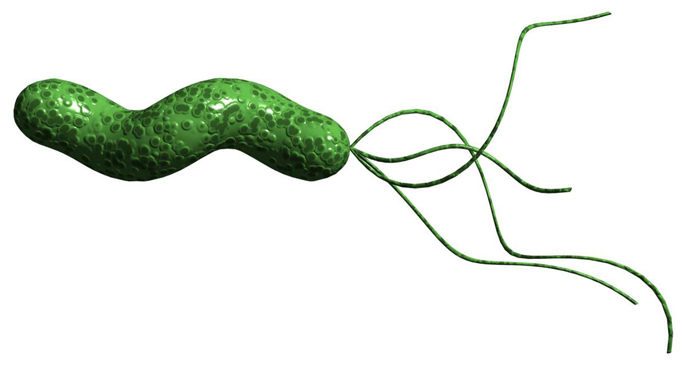
Noninvasive test detects stomach bug
A noninvasive test can be used to identify the presence of Helicobacter pylori and evaluate its virulence, which will be useful in areas with high rates of H. pylori-associated gastric cancer. Read MoreAug 12, 2013
-

Nashville Scene Innovations 2013: In the Wake
A partnership with Vanderbilt University and Nashville-based Ingram Barge was formed in order to study sleep deprivation in Ingram’s employees and address the issues of pilot fatigue and public safety on the waterways. Patience Bridges, sleep program coordinator at the Vanderbilt Sleep Center, is quoted. Read MoreAug 9, 2013
-
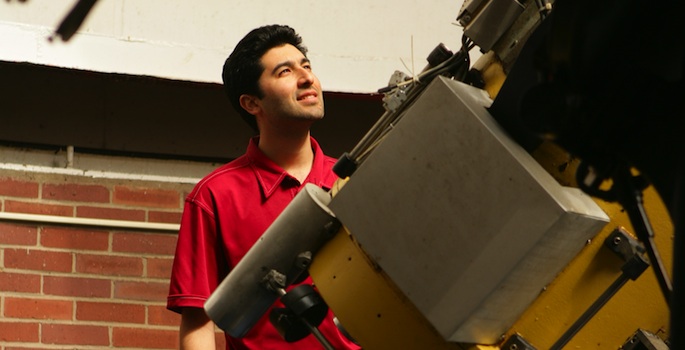
Nashville Scene Innovations 2013: True grit
Fisk and Vanderbilt's Bridge Program mentors talented minority students pursuing advanced science degrees. Keivan Stassun, professor of astronomy and director of the Fisk-Vanderbilt Masters-to-Ph.D. Bridge Program, is quoted. Read MoreAug 9, 2013
-

Nashville Scene Innovations 2013: Tankstarter
Vanderbilt’s Institute for Software Integrated Systems (ISIS) was awarded a $9.3 million contract to develop a collaborative software so that other non-government teams could design a new amphibious tank for the Marine Corps. Sandeep Neema, research associate professor of electrical engineering, is quoted. Read MoreAug 9, 2013
-

Nashville Scene Innovations 2013: Seat relief
For their senior design project for the School of Engineering, six Vanderbilt students created the KidSense Car Seat System. The system detects if a child has been left unattended and if the environment has become dangerously hot or cold. Co-creator Chelsea Stowell, BE’13, is quoted. Read MoreAug 9, 2013
-
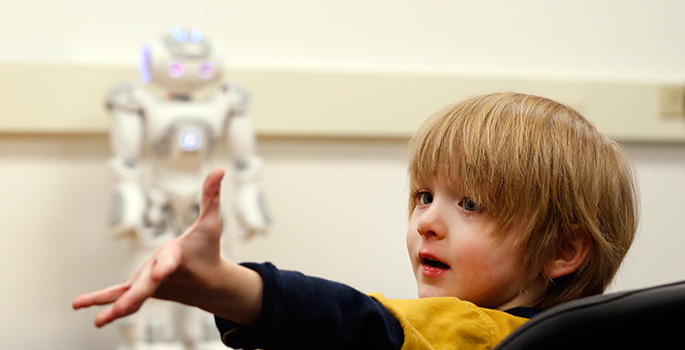
Nashville Scene Innovations 2013: How soon is NAO
Vanderbilt researchers reprogrammed a humanoid robot and an XBox Kinect to help autistic children improve their abilities to engage in social interactions. Nilanjan Sarkar, professor of mechanical and computer engineering, is quoted. Read MoreAug 9, 2013
-

Nashville Scene Innovations 2013: MOOC Synthesizer
Vanderbilt University seeks to be on the leading edge of the MOOC field with the opening of its Institute for Digital Learning. Read MoreAug 9, 2013
-

Op-ed: Prekindergarten research can help chart best way to help impoverished kids
Research can help policymakers and educators make the best decisions on how to assist low-income children exceed in school from an early age. Read MoreAug 9, 2013
-

‘Yo-yo dieting’ inflames fat tissue
Gaining and losing weight during “yo-yo dieting” may contribute to an exaggerated immune response in fat tissue that increases metabolic dysfunction more than steady weight gain alone. Read MoreAug 9, 2013
-

Glasses bring girl’s world back in focus
Once upon a time, teenage girls were not clamoring to sport a pair of thick, black, oversized eyeglasses. Read MoreAug 8, 2013
-

Robot uses steerable needles to treat brain clots
Surgery to relieve the damaging pressure caused by hemorrhaging in the brain is a perfect job for a robot. That is the basic premise of a new image-guided surgical system under development at Vanderbilt University. Read MoreAug 8, 2013
-
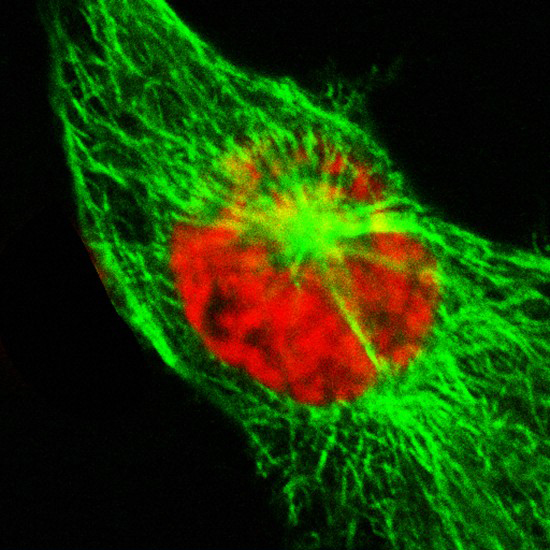
Nuclear shield against cell death
The protein SARM appears to protect cells from inflammation-driven death by stabilizing the nuclear laminin scaffold. Read MoreAug 8, 2013
-

Chancellor Zeppos joins other university leaders in calling for federal recommitment to academic research
A letter to President Obama and Congress co-signed by Chancellor Zeppos and his fellow university leaders outlines the ripple effects of reduced federal research funding and calls attention to the nation's burgeoning "innovation deficit." Read MoreAug 6, 2013
-

TN principals selected to partner with world’s top educators
This fall more than a dozen high-achieving Tennessee school principals will begin a yearlong leadership development experience to collaborate with some of the world's top educational leaders. Read MoreAug 6, 2013
-
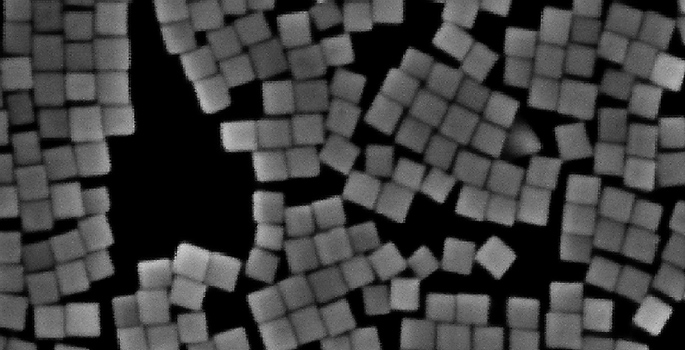
Size matters in nanocrystals’ ability to release gases
More efficient catalytic converters on autos, improved batteries and more sensitive gas sensors are some of the potential benefits of a new system that can directly measure the manner in which nanocrystals adsorb and release hydrogen and other gases. Read MoreAug 6, 2013
-

Are protests in Brazil just the beginning?
Protests may spread from Brazil to other Latin American nations with similar conditions, says a report from Vanderbilt University’s Latin American Public Opinion Project (LAPOP). Read MoreAug 5, 2013
-

Vanderbilt scientists discover potential new way to treat anxiety
Chemically modified inhibitors of the COX-2 enzyme relieve anxiety behaviors in mice by activating natural “endocannabinoids” without gastrointestinal side effects, Vanderbilt University scientists will report next week. Read MoreAug 5, 2013